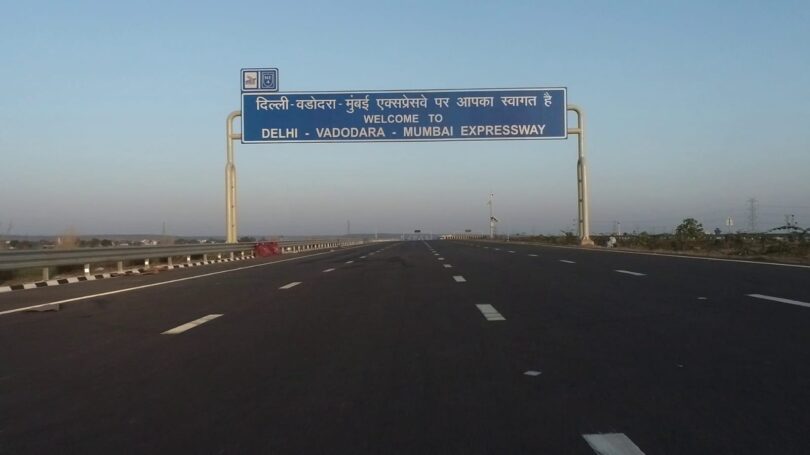Delhi – Mumbai 1242 km Expressway. Delhi to Jaipur in 3.5 hrs after opening of Delhi-Mumbai Expressway stretch tomorrow Sunday – 12 November 2023.
Table of Contents
Delhi – Mumbai 1242 km Expressway
Prime Minister Narendra Modi will inaugurate a stretch of the much-awaited Delhi-Mumbai Expressway on Sunday. The 246 km Delhi – Dausa – Lalsot section of the Delhi-Mumbai Expressway has been developed at a cost of more than Rs 12,150 crore.
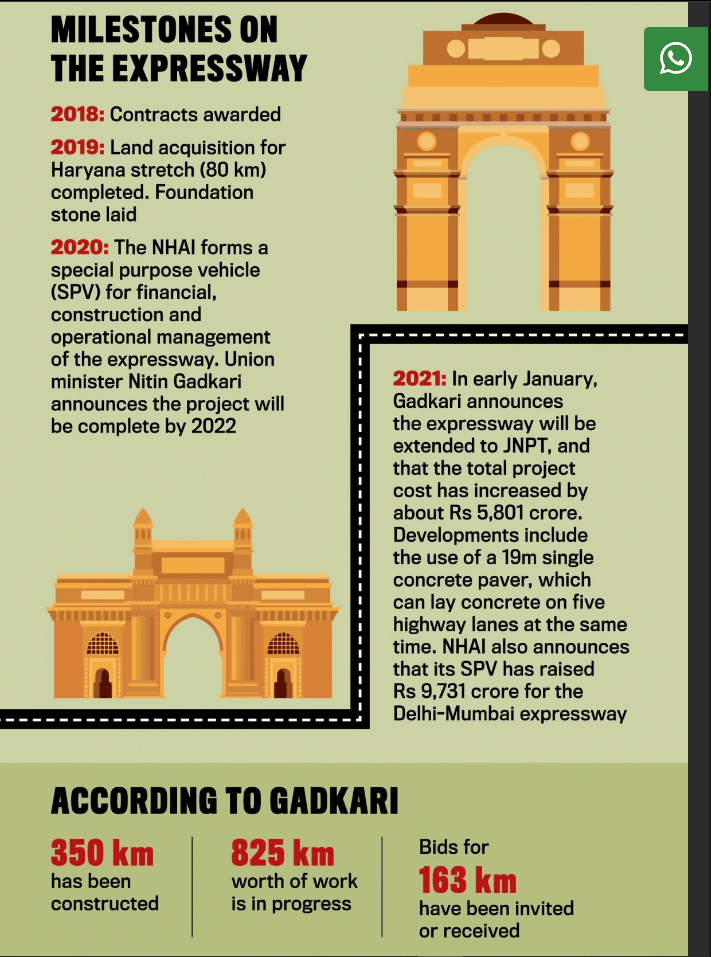
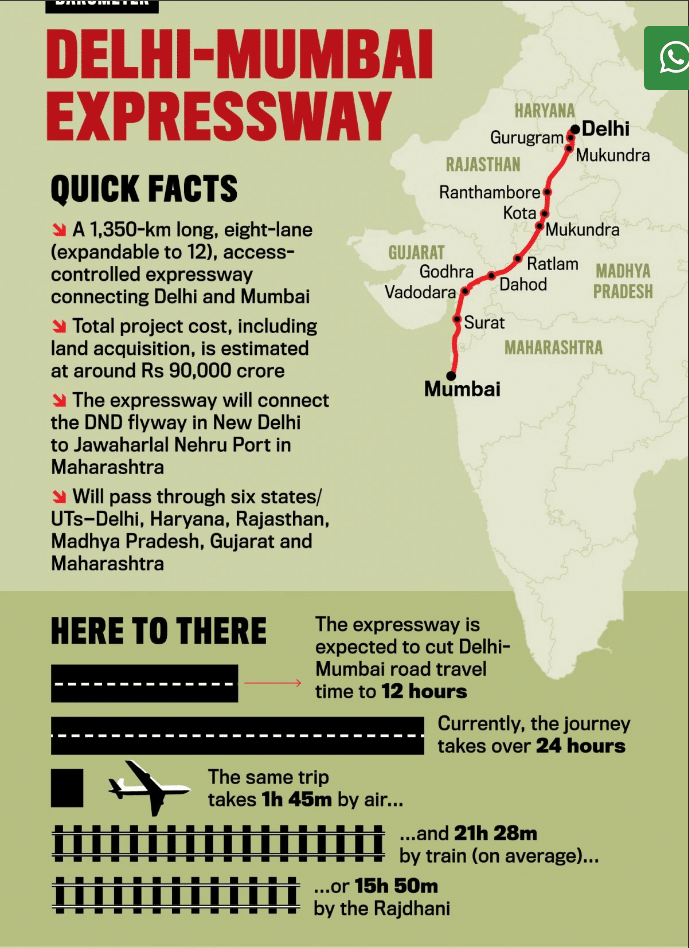
By Himanshu Mishra: Prime Minister Narendra Modi will on Sunday dedicate the first completed section, Delhi – Dausa – Lalsot of the Delhi Mumbai Expressway to the nation.
RELATED: India Budget 2023 PDF download
The opening of the Rajasthan leg of the Delhi-Mumbai Expressway will reduce the travel time from Delhi to Jaipur from 5 hours to around 3.5 hours and will provide a major boost to the economic development of the entire region.
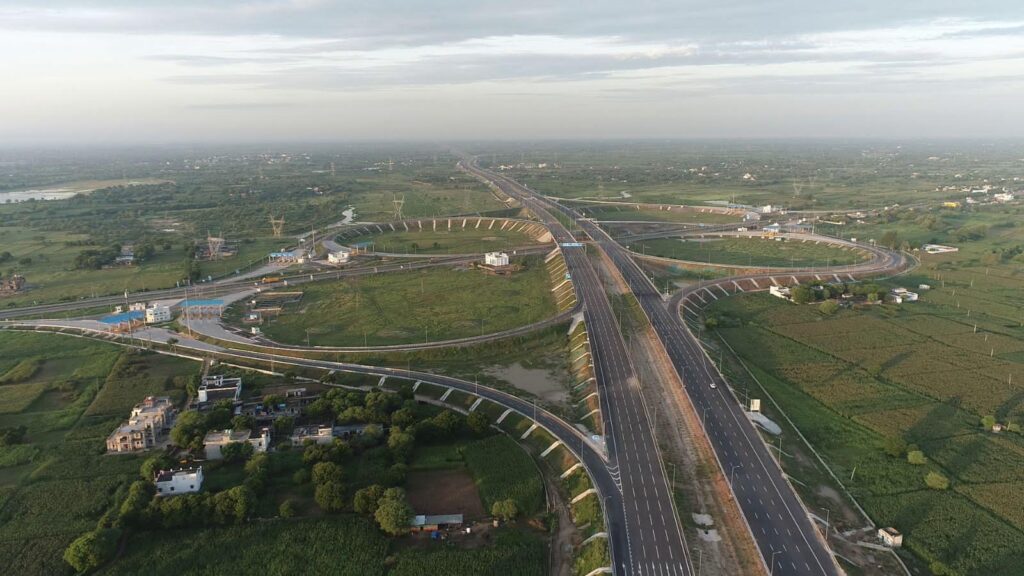
The expressway will connect Delhi and Mumbai and will cut the travel time to around 12 hours.
Here are five things you should know about the 1st stretch of the Delhi-Mumbai Expressway:
The 246 km Delhi – Dausa – Lalsot section of the Delhi Mumbai Expressway has been developed at a cost of more than Rs 12,150 crore.
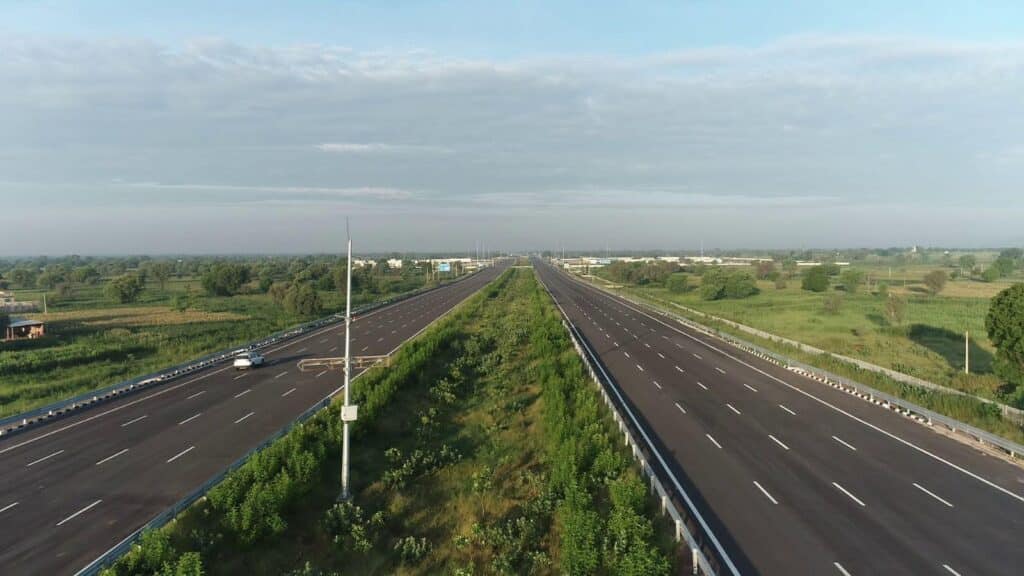
The inauguration of the Rajasthan leg of the Delhi-Mumbai Expressway is seen as big infrastructure push by the Bharatiya Janata Party (BJP) ahead of the 2024 general elections. It will have eight lanes and will be India’s longest expressway.
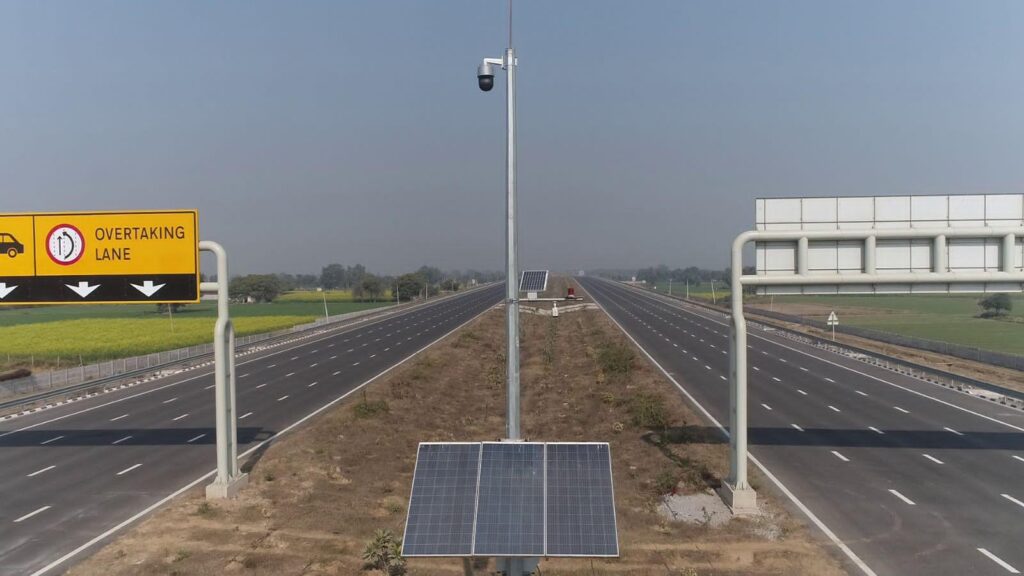
Delhi-Mumbai Expressway will be India’s longest expressway with a length of 1,386 km. It will reduce travel distance between Delhi and Mumbai by 12% from 1,424 km to 1,242 Km and travel time will be reduced by 50% from 24 hrs to 12 hrs.
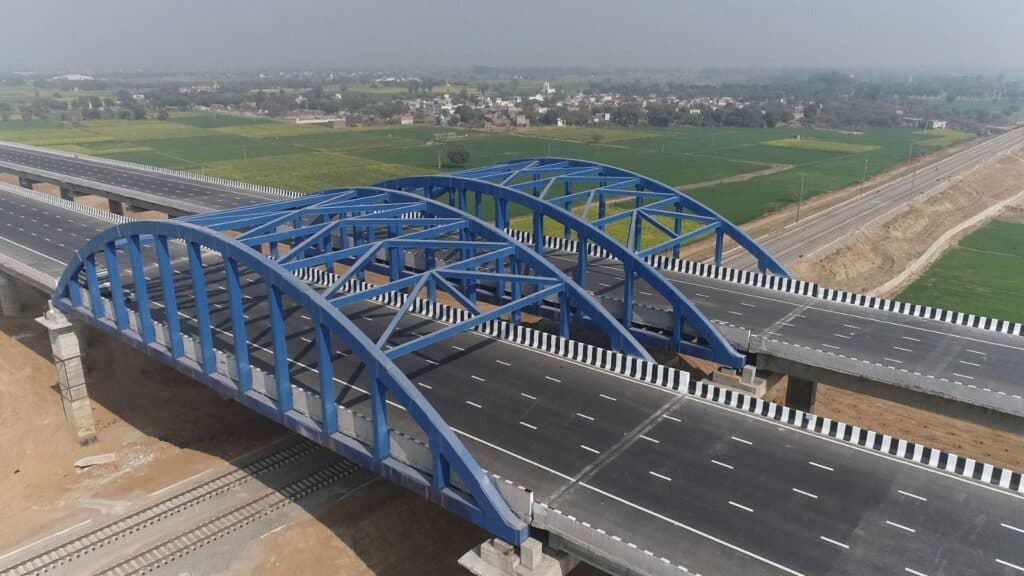
Delhi-Mumbai Expressway will pass through six states: Delhi, Haryana, Rajasthan, Madhya Pradesh, Gujarat and Maharashtra and connect major cities like Kota, Indore, Jaipur, Bhopal, Vadodara and Surat.
RELATED: India Budget 2023 live | Budget will fulfil dreams of today’s aspirational society: PM Modi
The Expressway will also serve 93 PM Gati Shakti Economic Nodes, 13 Ports, 8 Major Airports and 8 multi-modal logistics parks (MMLPs) along with spurs to new upcoming greenfield airports such as Jewar Airport, Navi Mumbai Airport and JNPT port.
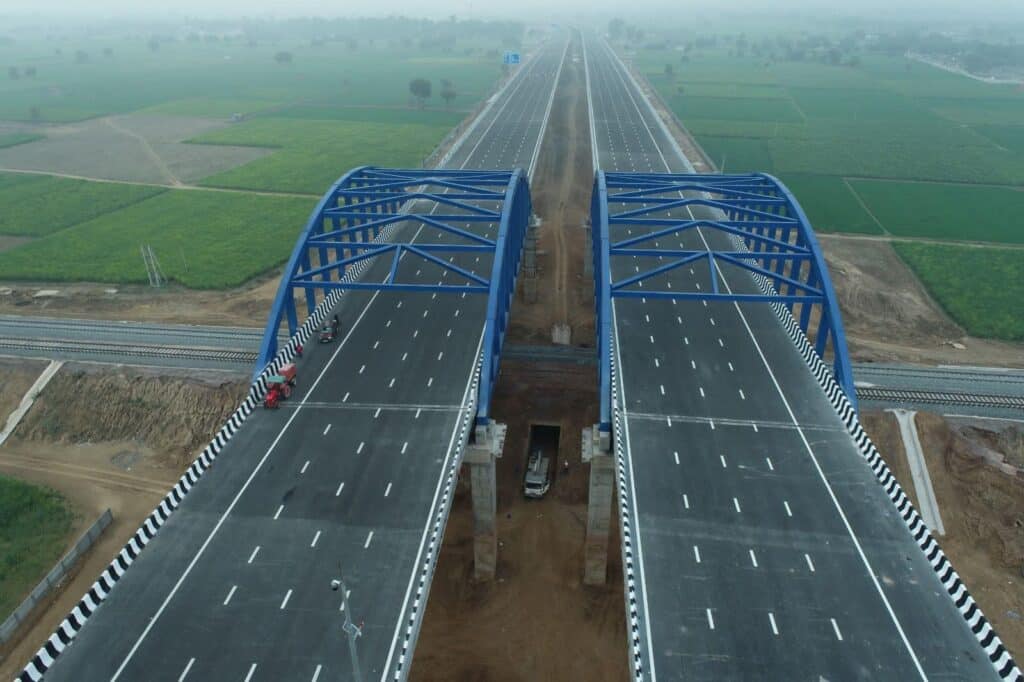
The Expressway will have a catalytic impact on the developmental trajectory of all adjoining regions, thus contributing in a major way in the economic transformation of the country.
This is the first expressway in India and also Asia to accommodate animal overpasses and underpasses. It has been aligned to minimise the impact on Ranthambore Wildlife Sanctuary.
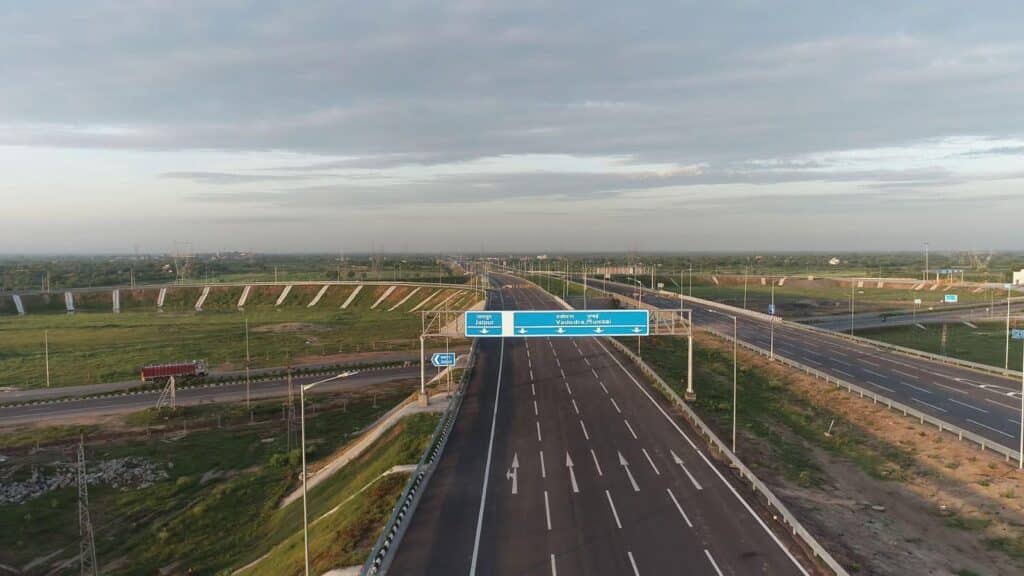
We must do good for wildlife preservation. For the shielding of Wildlife Habitats, we are constructing overpasses, underpasses, and boundary walls.
The Delhi-Mumbai Expressway construction will consume Rs 25,000 lakh tons of bitumen while over 4,000 trained civil engineers will be employed during work, Union Minister Nitin Gadkari said.
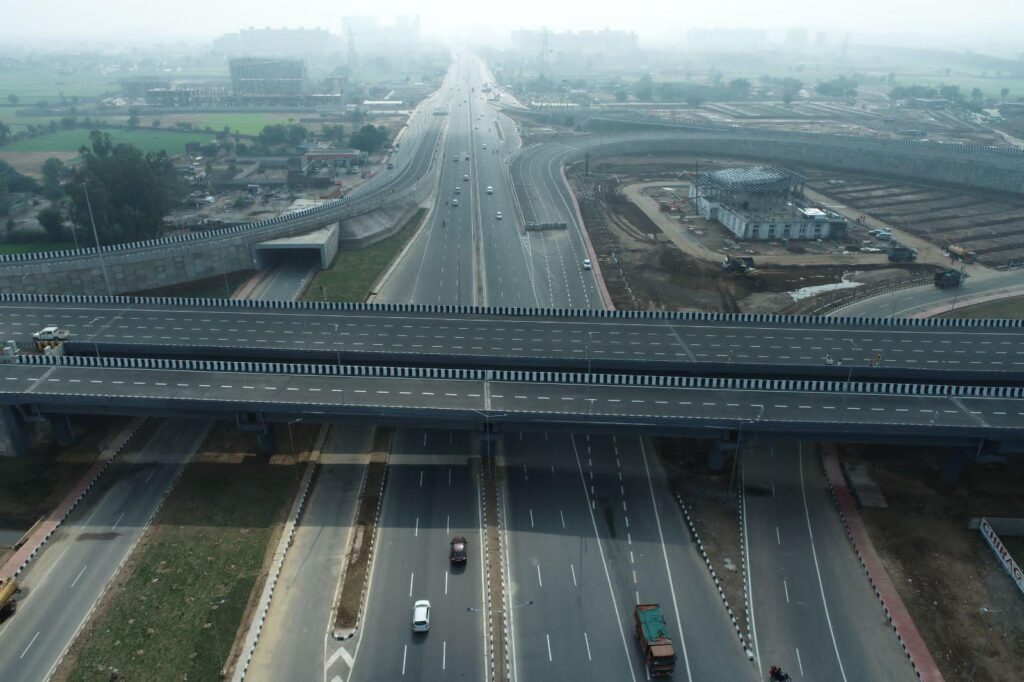
Including these, two world records also have been created for the highest quantity of PQC laid in 24 hours and the highest quantity of dense bitumen laid in 100 hours, he said.
Why the Delhi-Mumbai expressway is being billed as a game-changer.
The world’s longest expressway drastically cuts down travel time between the political and the economic capitals
According to Union minister for roads and highways Nitin Gadkari, the under-construction Delhi-Mumbai expressway, the largest in the country, will halve road travel time between the two metros, from 24 hours to 12 hours.
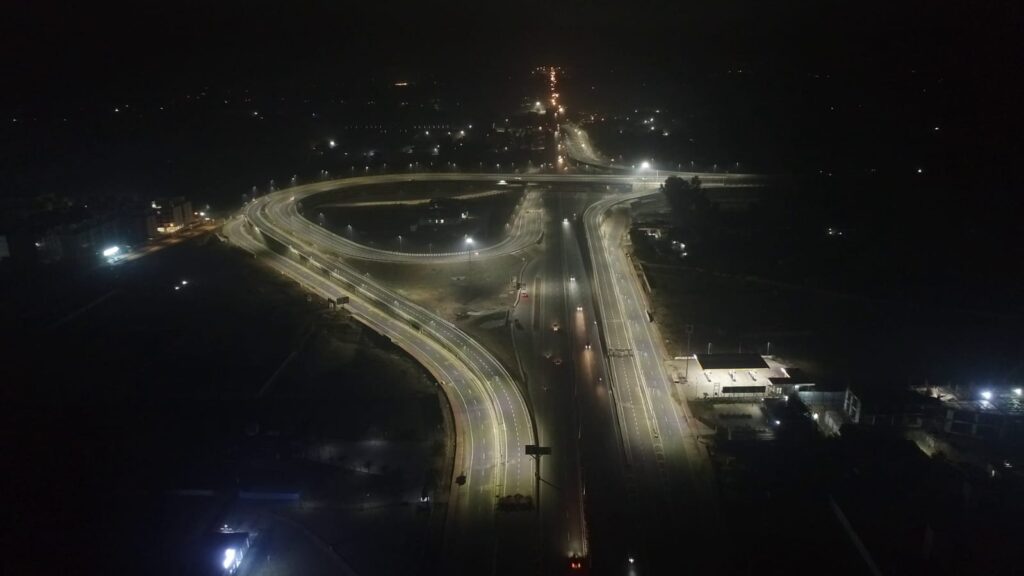
While reviewing the progress of the 1,380 -km, eight lane expressway that will pass through Delhi, Haryana, Rajasthan, Madhya Pradesh, Gujarat and Maharashtra, Gadkari said it is expected to be completed by March 2023, and that his ministry was exploring options to cut down the use of cement and steel. “We are exploring options such as the use of steel fibre, which is used abroad,” he said at a press meet.
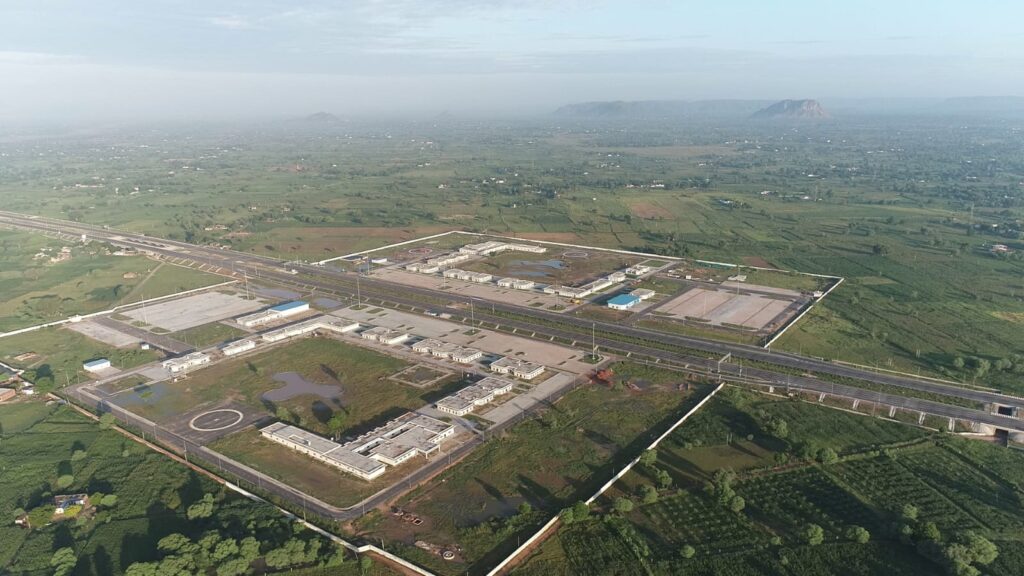
If the ambitious travel time claim bears out connecting India’s political and business capitals by a single-day road journey it will also have a transformative effect on the economies of the hundreds of mufassil towns and villages the expressway will pass by.
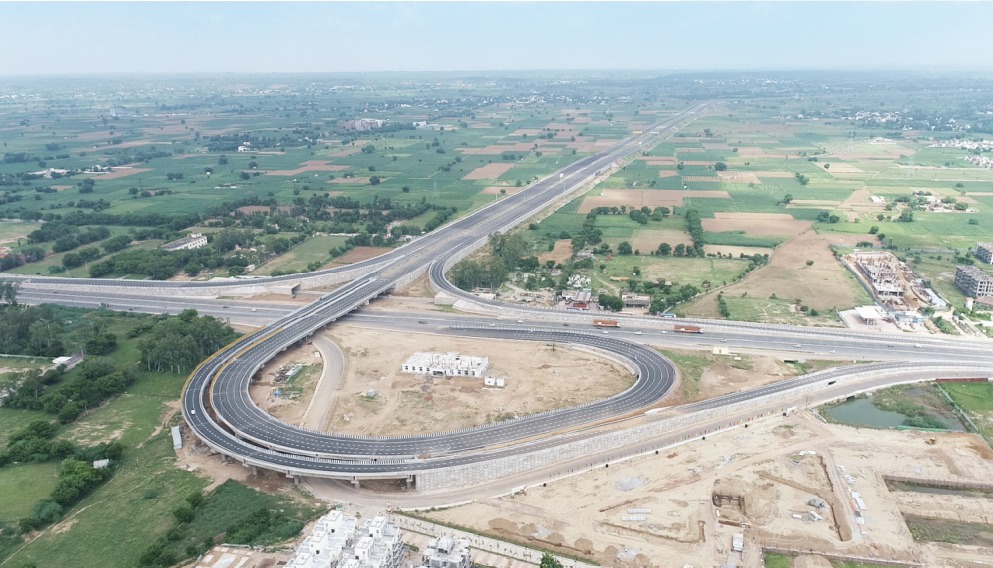
Currently, the 1,412-km distance takes about 24 hours by road, a little less than two hours by air and about 22 hours by train. Currently, the maximum speed limit for cars is 100 kmph on national highways and 120 kmph on expressways. Two wheelers are limited to 80 kmph, with 100 kmph for heavy vehicles.
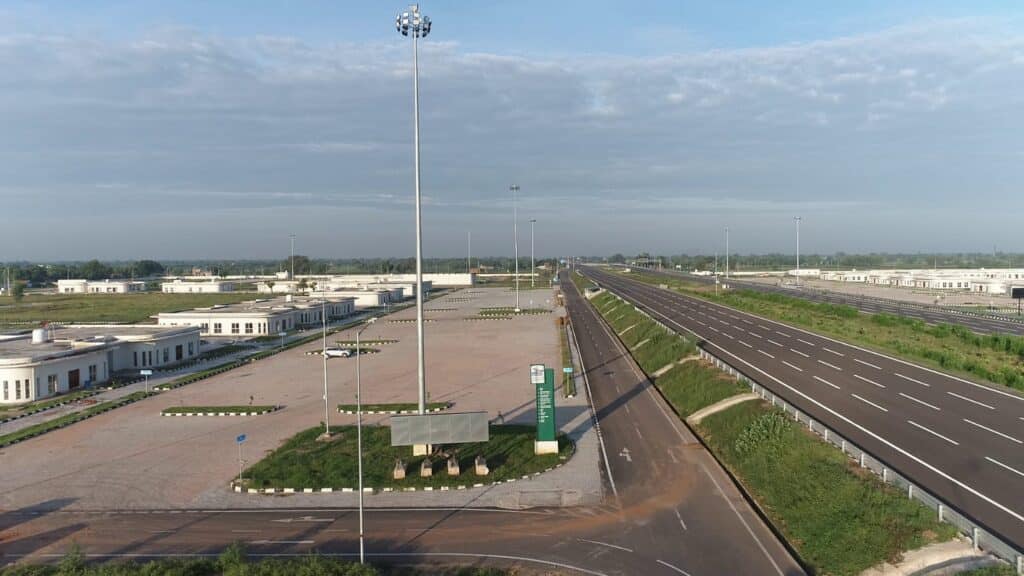
Gadkari has also been pushing for an increase in speed limits as much as by 20 kms citing improved roads and expressways. For instance, the speed limit on the Yamuna Expressway, connecting Delhi and Agra, is 100 kmph, which is reduced in the winters.
However, faster speed limits will come with consequences this expressway has already witnessed a slew of fatal accidents. Gadkari has also said that the Delhi-Mumbai expressway will have wayside amenities, including restaurants, food courts, fuel stations and a helicopter ambulance service for accident victims.
Here is where we share source of knowledge (Life Hacks & Life Style ), Entertainment, Technology, Fashion, E-News and updates all over the world.
Keep on visit our website for more updates

